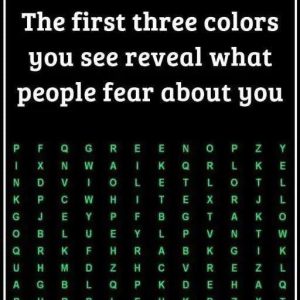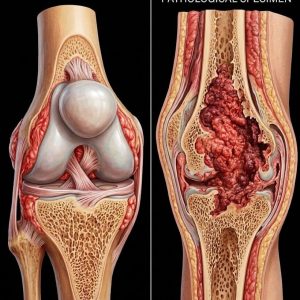In a recent interview, actor Brad Pitt revealed he has prosopagnosia, or “facial blindness,” a rare neurological condition that makes it difficult to recognize faces, even those of close friends and family. While prosopagnosia doesn’t affect intelligence or memory, it can cause social discomfort and challenges.
People with this condition often struggle in social situations, leading to anxiety or depression. The inability to recognize familiar faces can cause misunderstandings and feelings of isolation, making social interactions harder over time.
Prosopagnosia can be congenital (present from birth) or acquired due to brain injury or illness. Some congenital cases run in families, though no clear brain abnormalities are usually found, so the exact cause remains unknown. Acquired prosopagnosia can result from head trauma, strokes, or diseases like Alzheimer’s. Brain scans in such cases may show damage in areas responsible for facial recognition.
Currently, there is no cure. However, many affected individuals learn to identify people through alternative cues like voice, hairstyle, clothing, or body language. Diagnosis involves specialized memory and facial recognition tests, with neurologists ruling out other conditions.
Many, including Brad Pitt, remain undiagnosed for years, often mistaking their difficulties for poor memory or distraction. Despite the frustration, people with prosopagnosia often develop coping strategies to adapt and navigate social life successfully.





